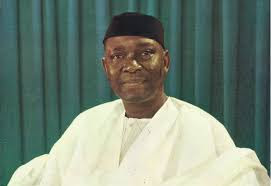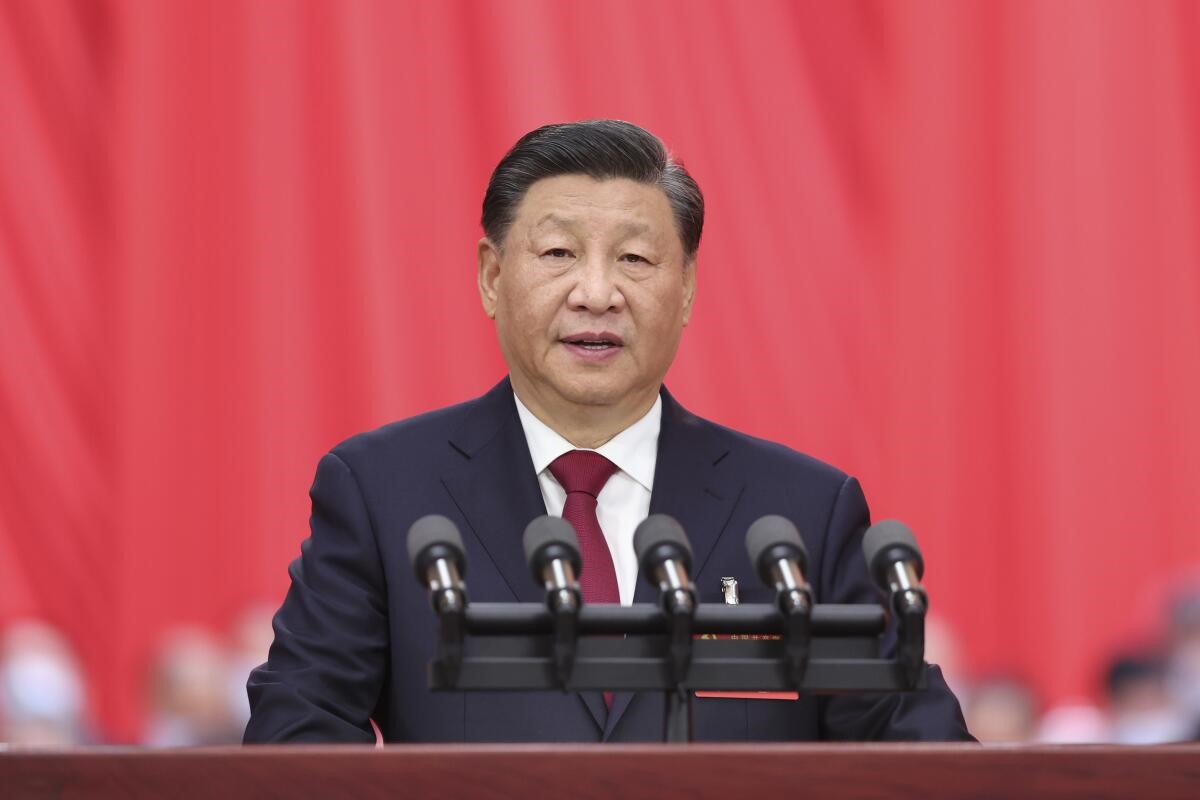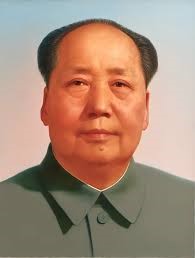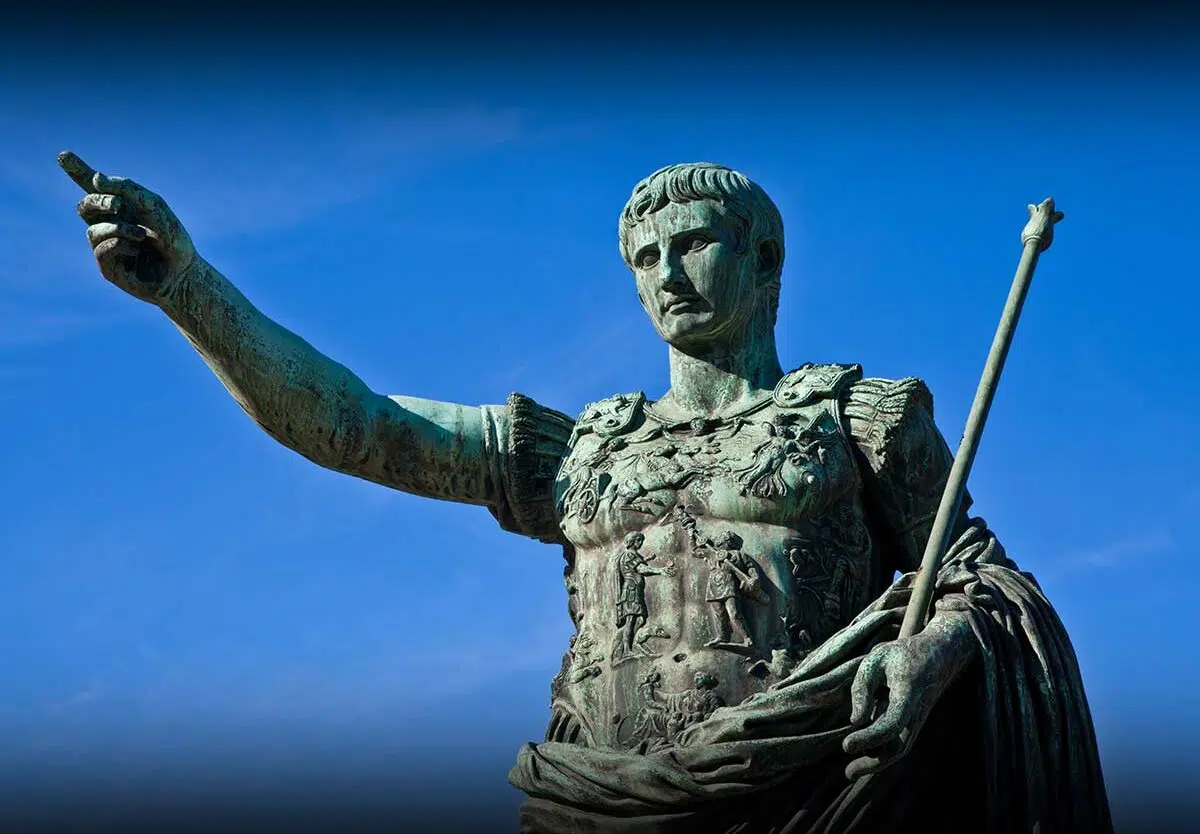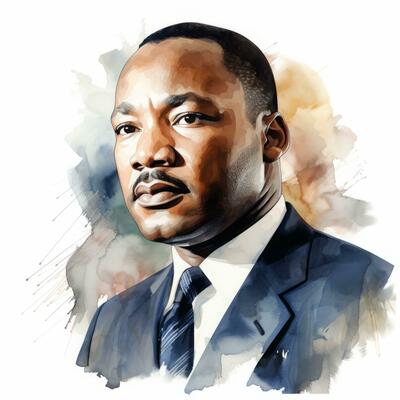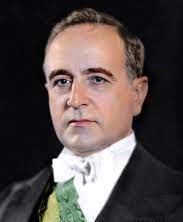
THREE HUMAN- CENTERED LEADERSHIP LESSONS INSPIRED BY MARTIN LUTHER KING JNR.
Dr. Martin Luther King, Jr. helped lead the Civil Rights movement in America during a time when even the most basic human rights were not basic for all. He is admired and respected (even moreso now than he was then) for how he used his human-centered leadership style to inspire those around him and create generational change.
Dr. King’s leadership was not based on a desire for power, but rather his motivation stemmed from the importance of equality and respect for all people. He worked tirelessly with an equity mentality that has led leaders of leaders to continue to identify lessons from him that we can still glean from today.
In recognition of Dr. Martin Luther King, Jr. Day, we’re sharing 3 leadership lessons, particularly highlighting human skills, inspired by Dr. King’s quotes:
In a team environment, you have many different people, from diverse backgrounds and lived experiences, coming together under one mission. It’s no surprise that there will be disagreement over how to achieve the goal, or on even what “success” looks like. How we deal with conflict and criticism when working together is a make-or-break skill for leadership development. Communication is a tool with two heads – one for speaking up and the other for listening. The skill of listening is just as important as speaking up (whether for yourself or others) because we all deserve respect and to feel seen and heard.
Have you ever heard the term “servant leader?” It describes those of you who value the needs and concerns of your team members just as much as your own. Leaders who are able to do this authentically are demonstrating what I believe is one of the most important leadership competencies: empathy. Empathetic leaders instinctively know (or are willing to learn) how to build trust and strong relationships with those around them. And when people sense that their leader cares about them, they are more likely to feel a sense of belonging within the company. This in turn inspires them to do their best work.
Doing the right thing can feel uncomfortable or seem difficult in the moment, but effective leaders will do the hard things anyway…even if that means creating opposition in the process. But never let this be something that stops you from doing what you believe is best for a project (or for the team or organization) as a whole. Of course, you’re an inclusive leader who considers the perspectives of others, but you can’t make everyone happy all the time. You’re not ice cream. So, focus on doing what’s right, especially with being an ally in the workplace for people who may need your advocacy or privilege to support them – rather than trying to please others who might not be seeing the big picture.


